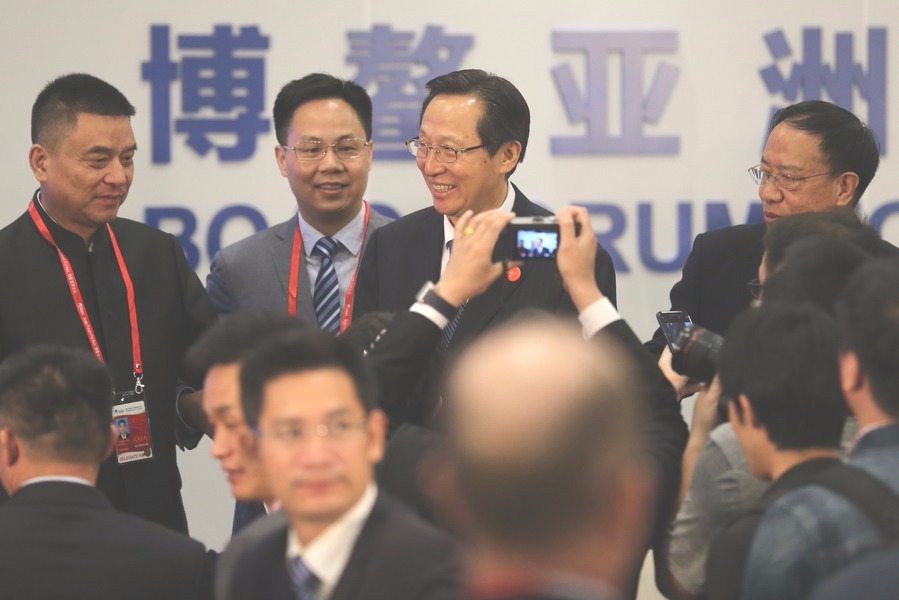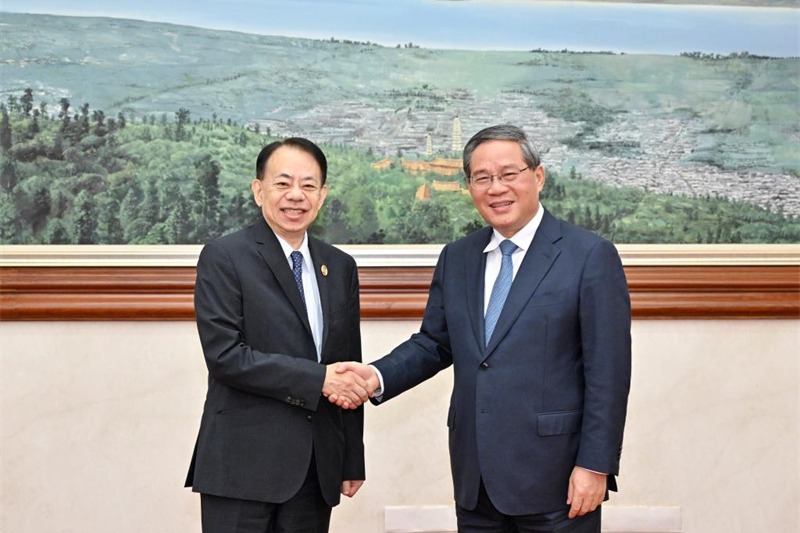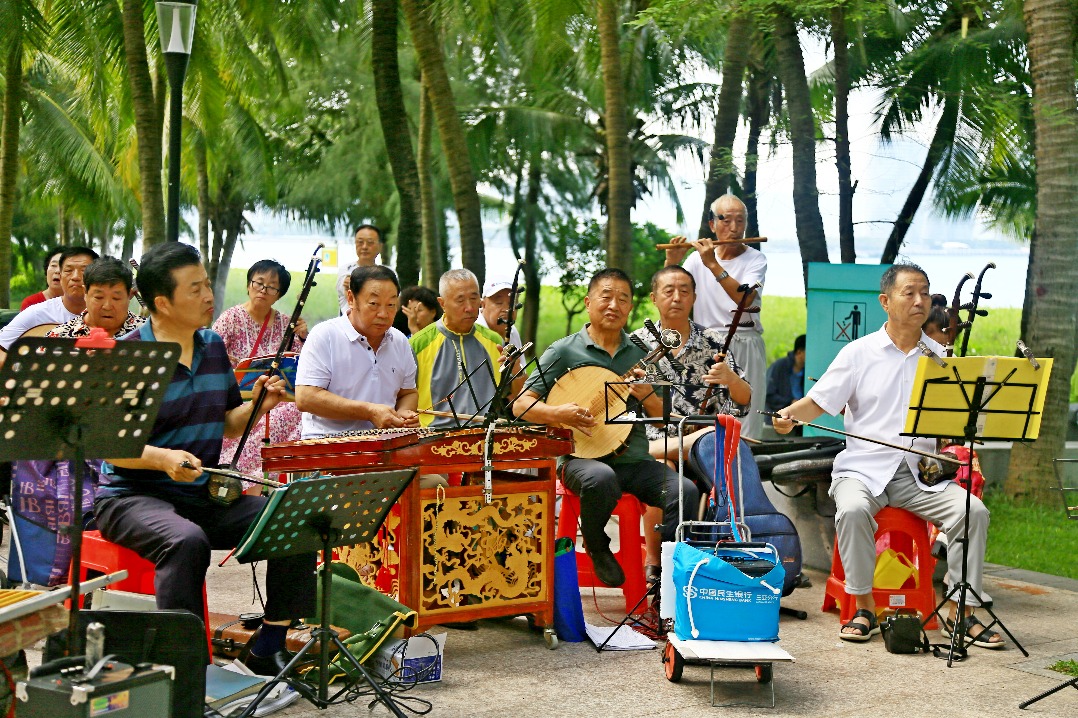Rural vitalization drive gets priority


China aims to boost rural entrepreneurship and take up farming as a decent profession, as it steps up efforts to invigorate its vast countryside.
Beijing will establish a "professional farmer" system to lure talents, from rural workers to urban dwellers, to embark on agricultural-related businesses, said Han Changfu, minister of agriculture and rural affairs.
"We will accelerate the cultivation of new types of agricultural entities and bolster scalable agricultural operations," Han told a panel discussion during the Boao Forum for Asia Annual Conference 2018 on Monday.
"Meanwhile, we should guide, support and encourage a variety of talents to return or come to the countryside and start their own business," he said, adding that concrete measures are still underway.
The strategy of rural vitalization was first proposed as one of the major aspects of developing a modernized economy and lifting its residents out of poverty by 2020.
"The ultimate goal is to make 'farming' an attractive and promising profession that is not placed at an inferior social ranking," Han said.
To increase the allure of the countryside, China will strive to make the agricultural industry more efficient and competitive, by better integrating primary, secondary and tertiary industries and strengthening environmental protection.
To narrow the rural-urban divide, the government will rebalance policies to prioritize the development of infrastructure building and the introduction of basic social services.
The private sector has a role to play in boosting rural entrepreneurship. China's leading agribusiness company New Hope Group has budgeted 50 billion yuan ($7.9 billion) in five years to invest in a comprehensive network that produces, sells, and promotes high-quality agricultural produce, said its chairman Liu Yonghao.
Over the same period, the company also plans to train over 200,000 farm owners and agricultural technicians to equip them with e-commerce and other technological knowhow to jumpstart and expand their businesses.
"Some rural areas are over-urbanized, with young and fit rural workers leaving village homes and towns for cities thanks to better pay," Liu said. "By modernizing agricultural production, we want to turn 'farming' into a name tag that people are proud of," he said.
Through its Rural Taobao initiative, e-commerce giant Alibaba Group Holding Ltd is helping to raise living standards in the countryside by providing e-commerce access for millions of poorer residents through 30,000 local service centers, according to Wang Jian, Alibaba's chairman of Technology Steering Committee.
Besides, the company is enlisting thousands of mom-wand-pop convenience stores in counties and townships with software that uses data analytics to predict sales and manage inventory, he said.




































